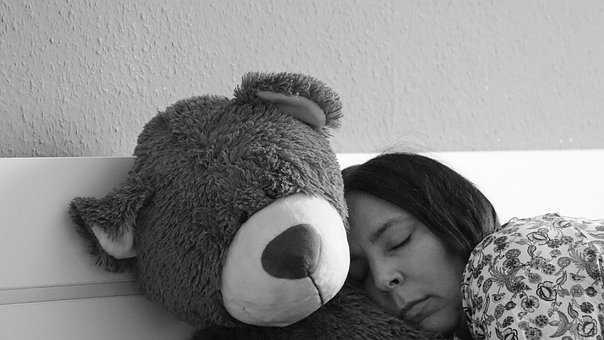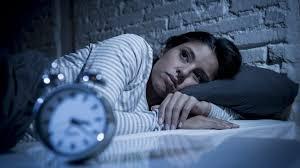Explore the World's Best Ideas
Join today and uncover 100+ curated journeys from 50+ topics. Unlock access to our mobile app with extensive features.
Slow-wave sleep (deep sleep) – SWS
About 80% of our sleeping is of the SWS variety, identified by slow brain waves, relaxed muscles and deep breathing.
Deep sleep is important for the consolidation of memories. New experiences get moved to long-term storage and less important experiences from the previous day get cleared out.
387
1.6K reads
Rapid eye movement (dreaming) - REM
Dreaming accounts for 20% of our sleeping time.
The length of dreams can vary from a few seconds to almost an hour. During REM sleep, the brain is highly active. The muscles are paralyzed, and the heart rate increases. Breathing can become erratic.
308
1.15K reads
Sleep quantity
Although eight hours is the common mention, optimum sleep can vary from person to person and from age to age.
One review that worked through 320 research articles concluded 7 - 9 hours of sleep are enough for adults. According to experts, too little or too much sleep can both have a negative impact on your health.
326
1.12K reads
It matters when you sleep
Our bodies are synchronized with the day-night cycle as our planet rotates. Our circadian rhythms continue even in the absence of any external input. Even plants that are kept in a dark cupboard at a stable temperature open and close their leaves as though they can sense the sun.
308
981 reads
Our clock genes
We have a gene that releases a protein that builds up in cells overnight and gets broken down in the daytime. The clock gene is active in almost every cell type in the body and under circadian control.
Virtually every activity in our bodies - related to the blood, liver, kidneys and lungs as well as the secretion of hormones and body temperature - is influenced by the time of day they are normally needed.
289
788 reads
Anxiety about sleep problems
Poor sleeping habits are not a modern problem.
One study found tribes that don't have access to modern electrical devices to be prone to intermittent sleep. The main difference is that they do not have anxiety about their sleep patterns like western countries do.
268
871 reads
Sleep deprivation
A day or two of sleep deprivation can cause healthy people to suffer hallucinations and physical symptoms.
Cognitive abilities are impaired after a poor night's sleep. Concentration and memory are affected, and people are more likely to be impulsive.
299
985 reads
Physical health
Sleep deprivation has been shown to change the body’s basic metabolism and the balance between fat and muscle mass.
A review of existing studies found permanent night-shift workers were 29 % more likely to become overweight. They were also 41 % more at risk of a heart attack or stroke.
309
1.14K reads
IDEAS CURATED BY
Juliana L.'s ideas are part of this journey:
Learn more about health with this collection
The role of coffee in social interactions
Different types of coffee and their preparation
The impact of coffee on society and economy
Related collections
Similar ideas
Read & Learn
20x Faster
without
deepstash
with
deepstash
with
deepstash
Personalized microlearning
—
100+ Learning Journeys
—
Access to 200,000+ ideas
—
Access to the mobile app
—
Unlimited idea saving
—
—
Unlimited history
—
—
Unlimited listening to ideas
—
—
Downloading & offline access
—
—
Supercharge your mind with one idea per day
Enter your email and spend 1 minute every day to learn something new.
I agree to receive email updates



